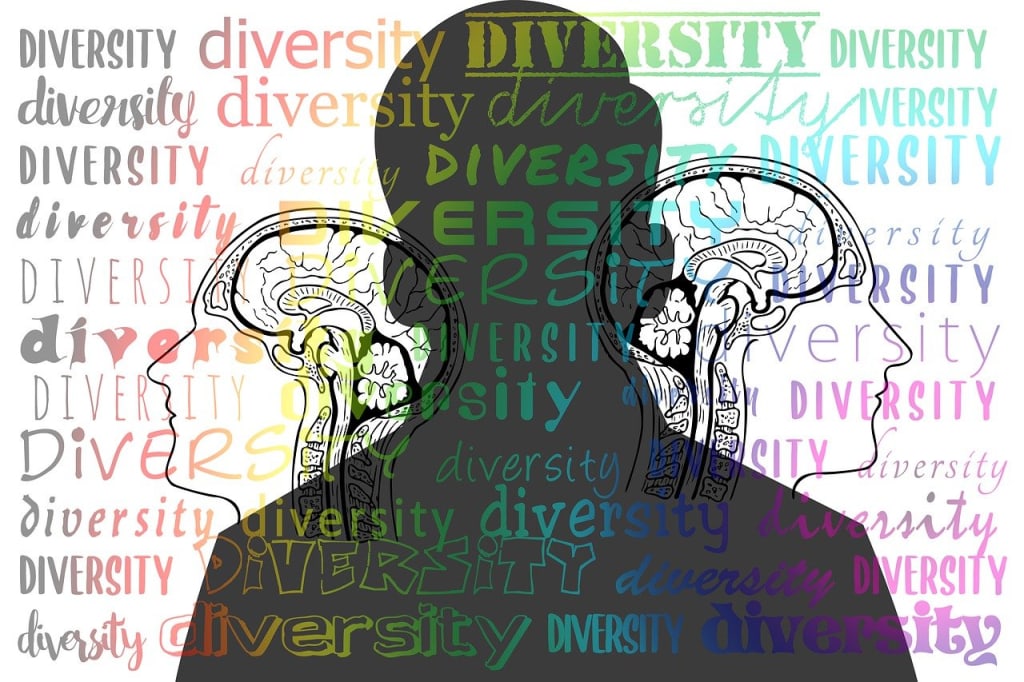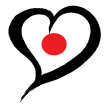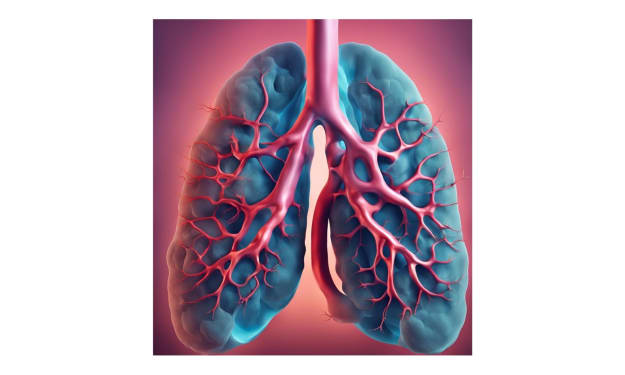Different Not Pathological
The Neurodivergent Paradigm and PMDD

I know I'm not the only person to have ever received a diagnosis with a feeling of complete relief. When I learned about PMDD -- and this didn't happen until my 40's -- my whole menstrual life suddenly made sense. I finally understood why I was different and why my experiences were so challenging. I wasn't crazy. It allowed me to begin the road toward healing, not by suddenly overcoming my condition, but by learning effective ways to manage it and by practicing self-care and self-acceptance.
I recently attended an online yoga conference and had the fortune during one of the sessions to discover a new word that was, for me, as impactful as learning about PMDD. I wanted to share it here because maybe it will have a simliar impact for you, dear reader. I hope so!
So what's the word? Neurodivergent. I'd never heard it before, and it is a relatively new term, but it offers something to sufferers of PMDD that I think is an essential element to our continued healing and empowerment.
Neurodiversity was coined by autistic sociologist Judy Singer in 1998. It refers to an infinite variation in how humans function neurocognitively. Neurodivergent people perform in ways atypical to the dominant social standards. The neurodivergent movement arose out of the recognition by neurodivergence advocates that these differences are perfectly natural variations. That's the distinction. It is the evolution of our self-awareness as a species. There isn't something "wrong", there's something "different". Neurodivergent types includes autism, dyslexia, epilepsy, ADHD, Tourettes, OCD, etc.
We all know that PMDD is classified in the DSMR as a pathology. But the idea of neurodivergence says that we're different, and not pathological. Our brains function differently. This distinction is one that helps maintain our self-respect and sense of dignity. In fact, it completely erases the absurd need that we should ever have felt a lack of same for who we are. Our brains simply work differently and society is not set up to support that difference.
All my life, so little in my outer world matched my sensory experiences, needs, and thought processes. I haven't had the advantage that neurotypical people have, to be validated again and again for their experiences, to have their needs understood and met, to have their thoughts understood. Everything has been a struggle against my nature. I've spent the greater portion of my life trying to fit into a neurotypical model. There was an obvious standard that I wasn't measuring up to, and it took massive amounts of energy to squeeze myself into the expected shape. And when I didn't, I bashed myself for not fitting in. The arising behaviors that may have appeared pathological were the result of trying to fit into a neurotypical world and get my needs met in a system designed to deny them.
I was in tears after learning about neurodivergence. They were tears of years of loss, for years of not understanding, but also of relief to finally get it.
What I realized at this conference was first) that I am neurodivergent in at least two ways...as an introvert in an extroverted world and as a woman with PMDD. Second) that I have a right to understand myself and the way my brain works and to acccomodate it, free of the self-judgment or labels of "selfishness" that may be placed upon me. Third) that I can advocate for myself in order to be better understood by neurotypical folks without the accompanying shame that "pathology" tends to evoke.
It's a perspective-changer that makes us all potential leaders as we fight for our rights and needs.
*****
You are not alone! Find help at the IAPMD.
Have you enjoyed what you just read? Be sure to check out my other articles on Premenstrual Dysphoric Disorder. Your kind tips help me to continue building this library of PMDD-specific content.
About the Creator
Cheeky Minx
Cheekyminx writes intimately about PMDD (Premenstrual Dysphoric Disorder) and hosts the Facebook page PMDD Life Support, a place where women with PMDD can find information and inspiration to cope. Your contributions are appreciated!
Enjoyed the story? Support the Creator.
Subscribe for free to receive all their stories in your feed. You could also pledge your support or give them a one-off tip, letting them know you appreciate their work.






Comments
There are no comments for this story
Be the first to respond and start the conversation.